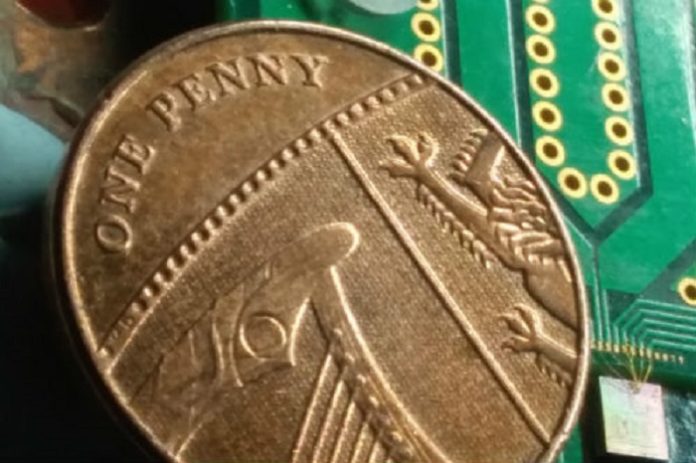An international team of scientists at the University of Bristol has designed a silicon chip that could generate quantum-random-numbers at gigabit per second speeds. It involves all the optical components made with industry-standard fabrication.
The chip works using light. In addition, integrating all these components brings the power of quantum randomness much closer to being integrated into our personal computers and our smartphones.
To fabricate this chip, scientists used a technique where single particles of light called photons are randomly emitted from a diode laser in such a way that when they enter the silicon chip, a random electrical signal is an output, that is impossible to predict. This is a resource that is at the heart of many data encryption techniques.
This silicon chip just requires a small amount of power for performing operations and could enable stand-alone random number generators. Scientists noted that the device could be used within laptops and smartphones to offer real-time encryption.
Ph.D. student Francesco Raffaelli from the University of Bristol’s Quantum Engineering Technology Labs (QET Labs), has led the work, which is presented today in The Optical Society of America’s journal Optics Express.
Francesco said, “Randomness is needed to secure our communication and storage of information using data encryption. Physicists have known for some time that the nature of quantum mechanics can make randomness that is not easy to copy and impossible to predict.”
“Not only is our device little, but it is very fast. The generation rates we achieve are competitive with the generation rates demonstrated in experiments using big and bulky optics that, unlike silicon photonics, cannot be integrated with mass-manufacturable technology.”
This new chip was enabled by developments in using silicon photonics for quantum technology, which continues to be a major activity in Bristol. Scientists are now working to create portable devices, about the size of a mobile phone, that contains both the chip and the necessary electronics.
